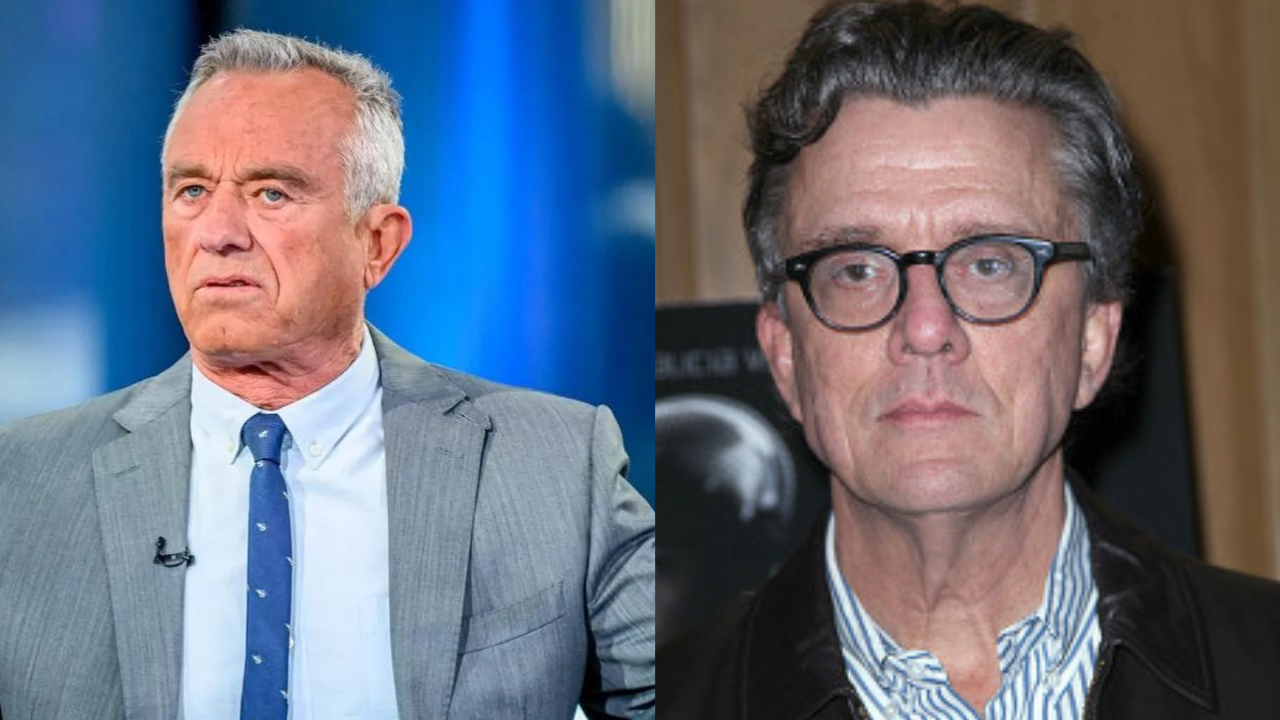
A classmate from Harvard accused Robert F. Kennedy Jr. of selling cocaine during their college years, bringing renewed attention to the past of the recent third-party presidential candidate and current ally of Donald Trump. Renowned novelist and editor Kurt Andersen, who has been a strong opponent of Trump, made the assertion.
In an article that came out on Friday, Andersen described how, during his first year at Harvard, he bought cocaine from Kennedy. Andersen claims that after taking the medication for the first time and deciding to get more, he developed an interest in it. When he asked a friend where he could purchase some, he was directed to "a kid in our class who was selling." That person, Andersen alleged, was Kennedy.
Andersen described how he went to Kennedy's dorm room, where the alleged transaction happened. He remembered Kennedy giving him a tiny piece of plastic straw and pouring out a line of cocaine for him to try. Following a brief exchange of words, Andersen stated that he gave Kennedy $40 in cash—a substantial sum of money at the time.
This accusation follows publications and profiles that previously presented an unsettling image of Kennedy's early years. Kennedy's battles with drug addiction during the mid-1970s were documented in a Vanity Fair piece that was released earlier this year. The article stated that Kennedy was frequently injecting speedballs, which are a combination of heroin and cocaine, and that he had turned into a "pied piper" to friends and family.
Kennedy, who has three marriages under his belt, has been transparent about his past drug use. He allegedly started using heroin when he was 15 years old and kept up the habit into his late 20s. He was charged with heroin possession at the age of 29 in one noteworthy event. Kennedy entered a guilty plea during the court procedures, which resulted in two years of probation and a period of treatment.
Even while Kennedy has publicly acknowledged his difficulties, Andersen's narrative offers a harsh and unfavorable look at his actions throughout their Ivy League years. Andersen made a comparison between Kennedy's contentious current positions—such as his recent backing of Donald Trump and his anti-vaccine stance—and his previous behavior.
In his article, Andersen did not hold back in his criticism, describing Kennedy as a "fantastical pseudoscientific crusader" and a "middle-aged preppy" with questionable behavior. He said that Kennedy's recent support of Trump—who has pushed for the death sentence for drug dealers—was the reason he was sharing this story. Andersen posed a direct question concerning Kennedy's feelings regarding his backing of a candidate whose ideas would have resulted in his own execution due to his previous deeds.
Kennedy's decision to support Trump and announce the termination of his presidential candidacy on Friday has garnered a lot of attention and sparked concerns about his political allegiances. Kennedy's public persona is further complicated by this most recent Andersen discovery, which connects his tumultuous background to his present political deeds.

